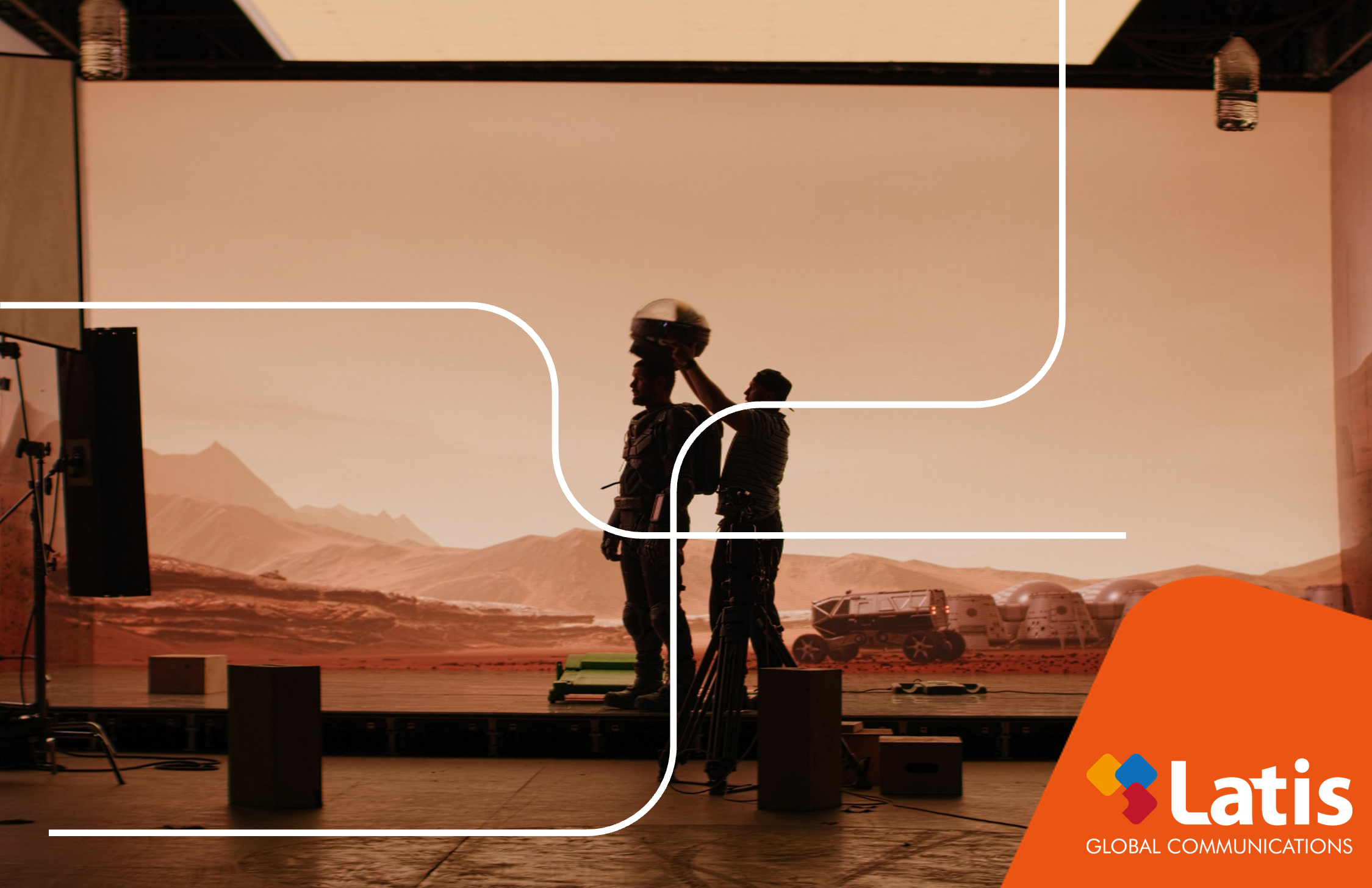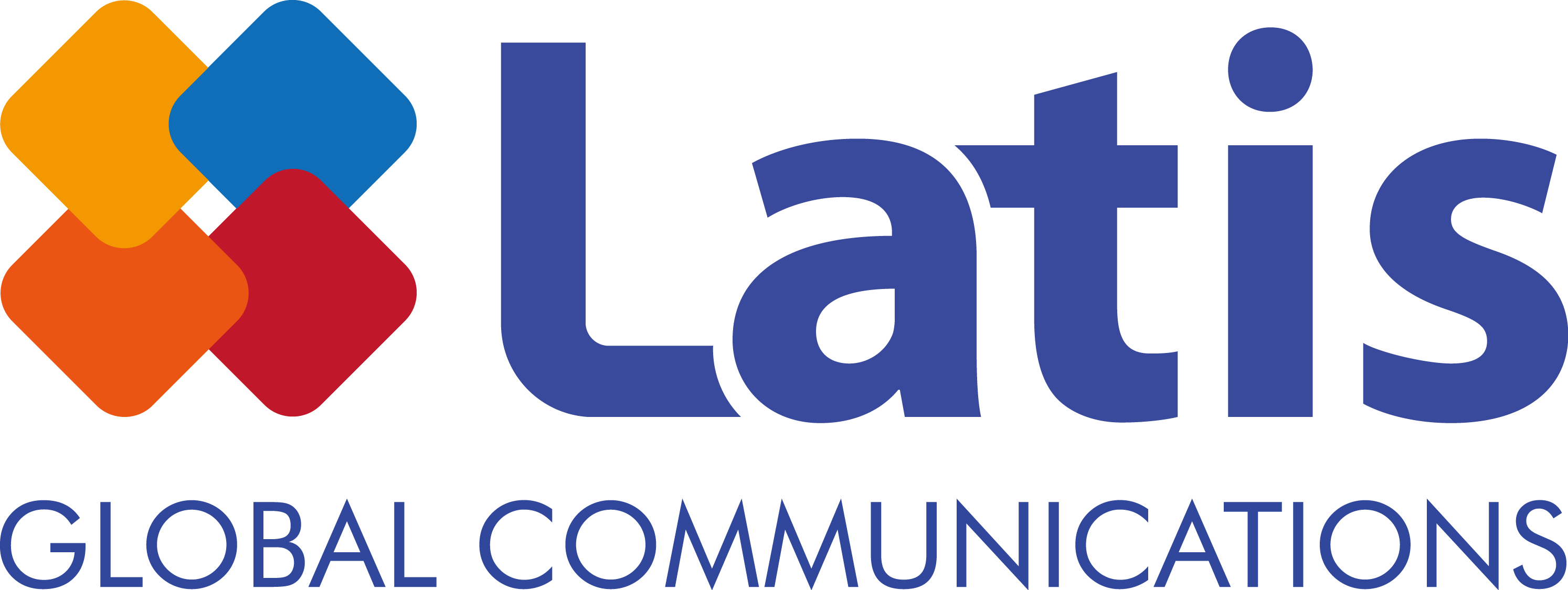
Professional dubbing has nowadays become one of the primary means of localizing media content. In particular, game dubbing is a process that is becoming increasingly valuable among dubbing experts because it increases in-game immersion.
While game dubbing has some similarities to the relatively old practice of movie dubbing, there are some technical differences. We at Latis Global provide professional game sound services for games entering the overseas market. Today we would like to take a closer look at the characteristics and differences between movie and game dubbing.

Differences Between Game Dubbing and Movie Dubbing
At first glance, it may not seem like there is much of a difference between the two, but in reality, game dubbing differs from movie dubbing in a lot of ways.
The most notable difference is that in most game dubs the actor does not see the in-game appearance of the character they are dubbing.
While movie dubbing involves actors having access to the original footage, game dubbing often involves no footage – instead only offering a script and the game’s presentation material as a reference.
Game voice actors usually work solely from a script, so they need to be very precise about recording times and lengths. The lack of footage makes it difficult to synchronize a character’s mouth and movements, so a game dubbing expert should always be on hand to guide them.
The plot in games is often more complex than in movies. While Film and TV work with a linearly written script, games offer a multitude of different situations depending on the players’ choices. This means that game voice actors do not know which storyline a player is going to follow, or in other words, they must rely on scripts without knowing the exact context. Therefore, without professional guidance, it’s not easy to get the tone, nuance, and voice volume of a character to sound natural.

Characteristics Of Game Dubbing
While game development is becoming increasingly complex, games have grown to occupy a more important position within the entertainment industry. Game developer studios are investing heavily in in-game cutscenes that have the production value of movies, thus game dubbing is a key element in reaching users that want a complete gaming experience.
From a sound director’s perspective, game dubbing is an attractive specialization. Game dubbing requires professionals who specialize in entertainment, because directors are more frequently asking sound directors for a variety of voices and nuances, so it’s important that sound directors have access to skilled native voice actors and provide them with proper coaching.

Getting Started With Game Dubbing
In recent years the gaming industry has grown significantly globally, with users from all around the world enjoying games. To cater to this overseas player base, game companies are looking for new ways to reach players in these markets. For this reason, game dubbing is becoming increasingly popular as one of the best solutions for overseas players to experience games in their native language.
The first game to feature a human voice was Disney’s arcade game “Dragon’s Lair”. During the early years of the gaming industry game dubbing was often recorded by the game developers themselves to reduce production costs.
As games have since evolved and become more advanced, with movie-like stories and characters with distinct personalities, voice acting has become a crucial part of modern games.

2023 Latest Trends In Global Game Dubbing
1) AI Dubbing:
A recent trend in game dubbing is the use of artificial intelligence (AI) technology for automated voice dubbing. This technique can be used to first translate text and then generate voiceovers in another language accordingly. AI-generated voices are not yet perfectly natural, but they are improving rapidly, and many developers are considering AI dubbing to make dubbing their games more cost-effective.
2) Crowdsourced Dubbing:
Another trend in game dubbing is the use of crowdsourced voiceovers. Crowdsourcing refers to the process or technique of enlisting the help of a large number of people to complete a task or project. By allowing game-loving casual users from around the world to contribute their voices, developers can provide their game characters with a wider range of spoken languages.
Game companies can use crowdsourcing platforms to find participants to dub their games, deliver scripts to participants in different languages, and get voice support.
It can be done at a lower cost than professional dubbing, but it lacks the professionalism.

3) High-Quality Lip Sync Dubbing:
Finally, many game developers focus on the quality of their game dubs. In addition to hiring professional voice actors, attention has to be paid to other factors to ensure quality, such as high-quality recording equipment and post-production techniques. This is because improving the quality of the recording itself can make for a more immersive and enjoyable experience, regardless of language.
Once the script is available and the voice is recorded, lip-sync technology can be used, as it allows the character’s mouth to move in time with the voice. This allows players to see the character speak naturally in their own language, further immersing them in the game.
Localizing the dubbing for a game is one of the most effective ways to ensure that it meets the high expectations of players in a given language. This is because it involves providing all the voices in the local language for the recording, from keeping the game character’s voice style consistent to singing the song.
Latis Global has its own professional recording studio and works directly with global voice actors using proven recording technology.
We use a professional casting director to select the right voice actors for each game character and conduct the dubbing under the guidance of a professional voice director. If you have any questions about game dubbing localization for your game, please contact us via contact@latisglobal.com.

